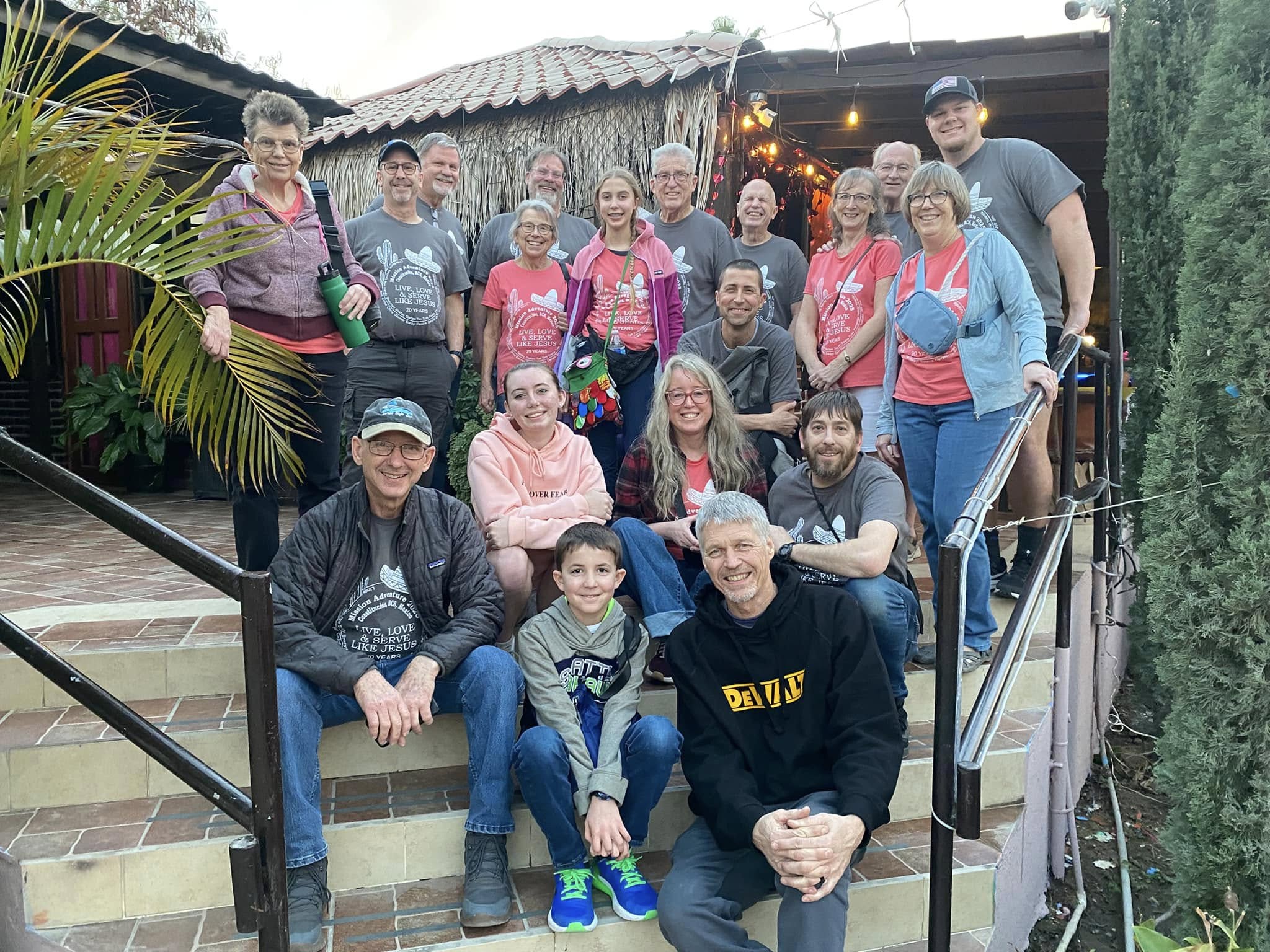The Cosmic Conflict
Over the last few weeks, various conscience protection bills and lawsuits have been endorsed across the United States, and they could end up having national implications.
For example, the South Carolina Daily Gazette reports, “a group of OB-GYNs is asking a federal court to overturn [South Carolina’s] abortion ban on the basis that it does not allow ‘physicians to provide abortion care mandated by their religious beliefs.'”
In a similar quest for religious and moral freedom in the medical field, the Iowa Capital Dispatch writes that House Study Bill 139 would “grant medical practitioners, health care organizations and health insurance companies the right not to participate in or pay for a health care service that goes against their conscience,” with exceptions made for emergency medical services.
Meanwhile, a South Dakota legislative committee endorsed House Bill 1223 which would allow a plaintiff to sue if they lost employment or were barred entry to an establishment due to an unvaccinated status (unless the immunization is required by law).
The general desire tying these various issues together, across the spectrum of opinions, is the freedom of choice – the freedom to act on one’s religious belief even when it means going against the grain.
One leading reason why these cases are coming forth all at once is an overwhelming rise in moral injury, which Psychology Today explains, “is driven by guilt, shame, and existential conflict.”
Moral injury, according to the behavioral science publication, can be caused by at least one of three key factors: transgressions by others which violate one’s moral code, transgressions by oneself which conflict with one’s values, and perceived betrayal by a trusted figure or society.
In the current political and social unrest, one doesn’t need to look far to see morals and ethics put on trial.
All around us, people struggle with moral conflicts. It’s a tale as old as time; a tale older than the human race.
Scripture reveals to us that before humanity even graced the earth, Lucifer’s pride got the best of him and he chose to challenge God’s authority and wisdom, thereby kicking off the Cosmic Conflict.
God, Lucifer’s Creator, could have obliterated him for his rebellion, but instead cast Lucifer and his followers to the earth (Revelation 12:7-9). Scriptures say that the fallen covering cherub made himself prince, or ruler, of the earth (John 12:31, 2 Corinthians 4:4, Revelation 13:7). He would exercise his authority by persecuting those who keep God’s commands and the testimony of Jesus (Revelation 12:17). In other words, Satan attacks God’s moral code because he lacks the power to subdue God.
And he started implementing this attack with the first humans. Disguised as a magnificent serpent, Satan persuaded Eve to question God’s law. Eve, in turn, persuaded Adam to challenge God’s authority as well.
The impact has trickled down to us today.
As C.S. Lewis writes in Mere Christianity, “…we are living in a part of the universe occupied by the rebel” (p. 36). Even Jesus faced the adversary’s sneaky temptations in the wilderness, but unlike Adam and Eve, Christ successfully argued against each temptation by believing in God’s goodness and recalling Scripture.
Christ believed in and kept God’s commands, ensuring His victory over the evil one in the wilderness and on the cross.
We have the opportunity to do likewise.
As we explored in the previous Sharing Scriptures of this quarter, free choice is a gift of love from our Creator. Will we choose to follow God’s moral codes, or make our own?
For Reflection
Connecting: How could a “perfect” being fall?
Sharing: Why didn’t God obliterate Lucifer when he first rebelled?
- Because Lucifer needed a chance to repent
- Because the conflict needed to play out for other heavenly beings to witness
- The better question is “Why did God create Lucifer?”
- Because God loved Lucifer
- Humanity needed a chance to choose the right path
- Other:
Applying: Should the fact that we are facing the effects of the Cosmic Conflict make us even more willing to depend on God? How can this dependence on God, in light of the Cosmic Conflict, be explained to someone unfamiliar with the biblical perspective? What about to someone who believes that there are two equal powers at war (dualism), rather than that there is a civil war started by a rebellious created being?
Valuing: Read “Why was Sin Permitted?”, chapter 1 of Ellen G. White’s Patriarchs and Prophets. How does this add to your understanding of the Cosmic Conflict?
~ Stefani Leeper
|
As you’re reading this, the 2025 Mission Adventure Team (pictured here, with the exception of myself and two others) is still hard at work in La Purísima and Constitución. Please continue praying…
Thank you! And if you would like to follow along with our adventures, and see how far God has brought along the construction sites, please visit our Facebook group Mission Adventures Today. Stefani Leeper | Content Coordinator |
The Center for Creative Ministry is fully recognized by the North American Division (NAD) of the Seventh-day Adventist Church; it is also a 501c3 nonprofit organization which makes donations tax deductible in the U.S.
 Center for Creative Ministry A research organization and research center for Seventh-day Adventist pastors and their congregations
Center for Creative Ministry A research organization and research center for Seventh-day Adventist pastors and their congregations


